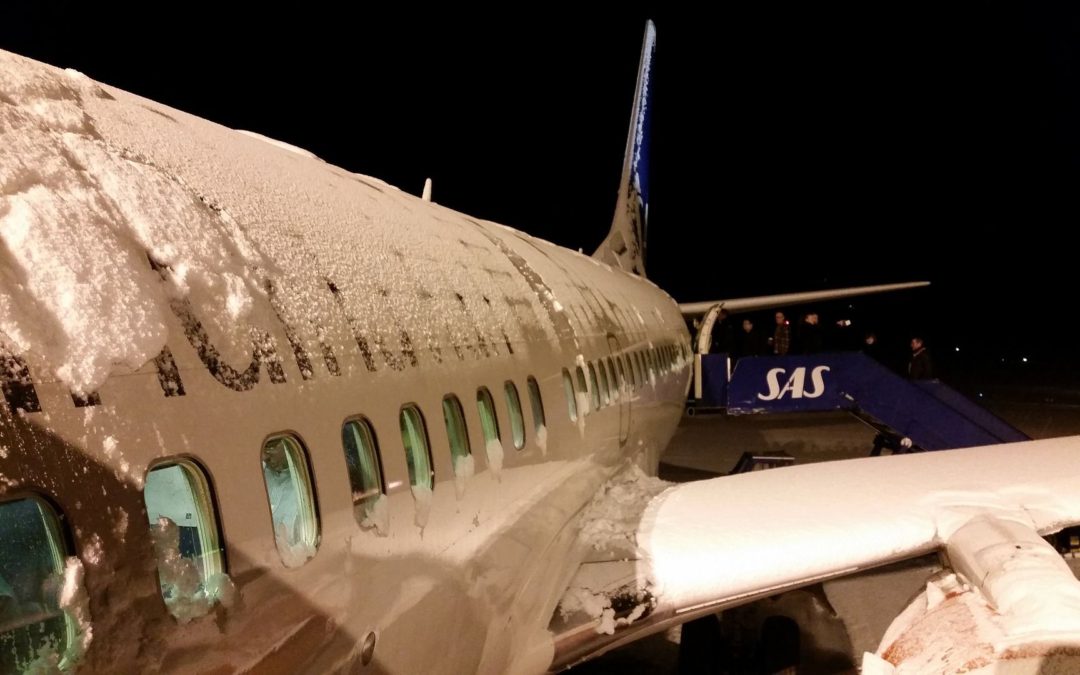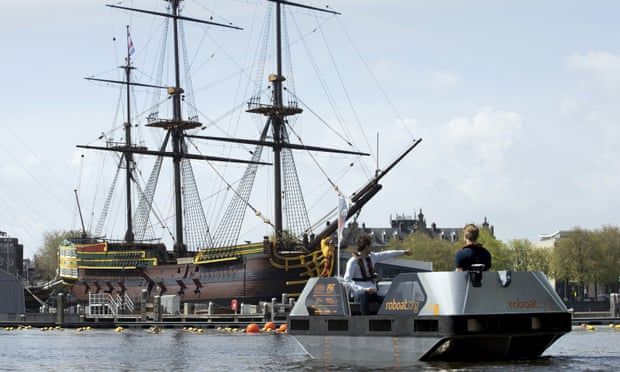
♻️ Green Tech

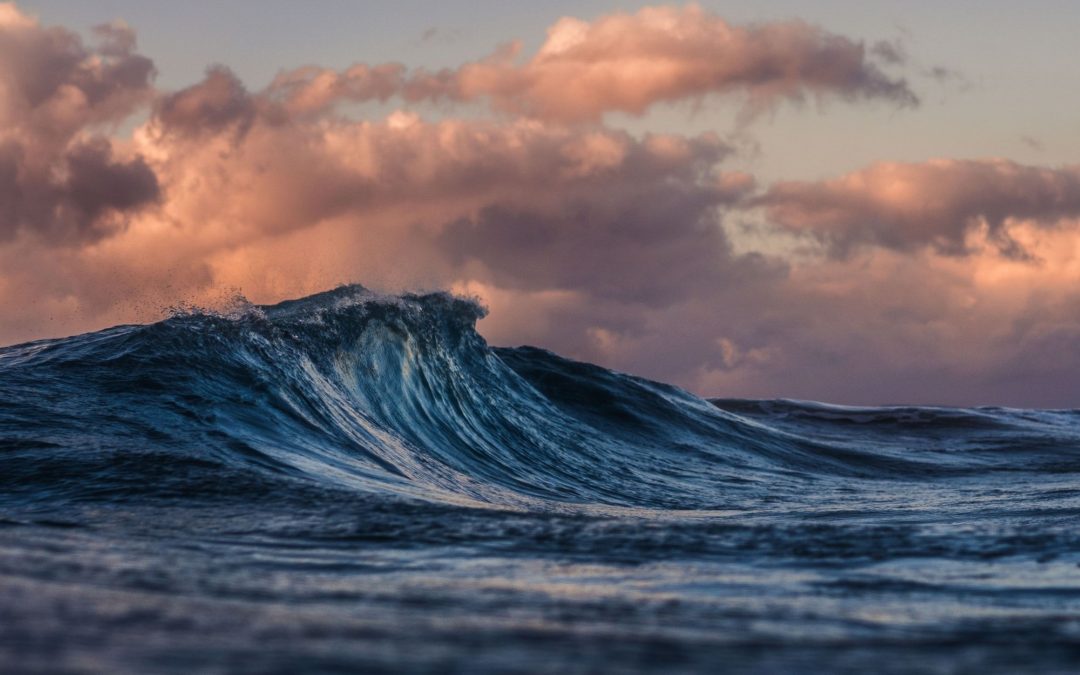
🌊 Systems absorb CO2 from the air by taking it from the sea
Our oceans naturally hold about 150 times more carbon dioxide than the air. Even though the atmosphere and the oceans work together, the seas have a massive amount of plants, called phytoplankton, that absorb CO2 through photosynthesis. A research team from UCLA has...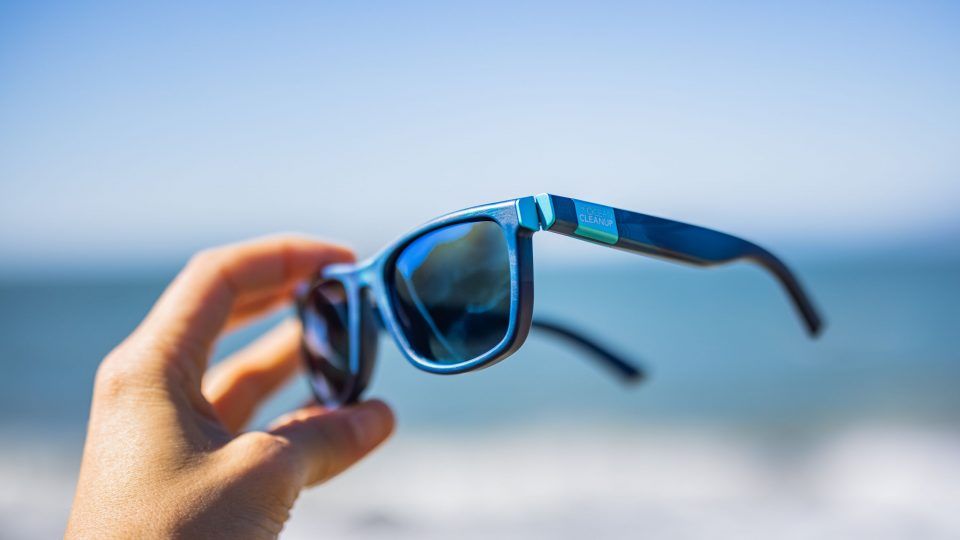
🕶 Ocean Cleanup’s sunglasses fund more cleanup missions
The Ocean Cleanup, a non-profit foundation, founded in 2013, has designed a pair of high quality sunglasses that customers can purchase and thereby fund the organization's future and ongoing missions. These sunglasses sold out very quickly and all of the earnings...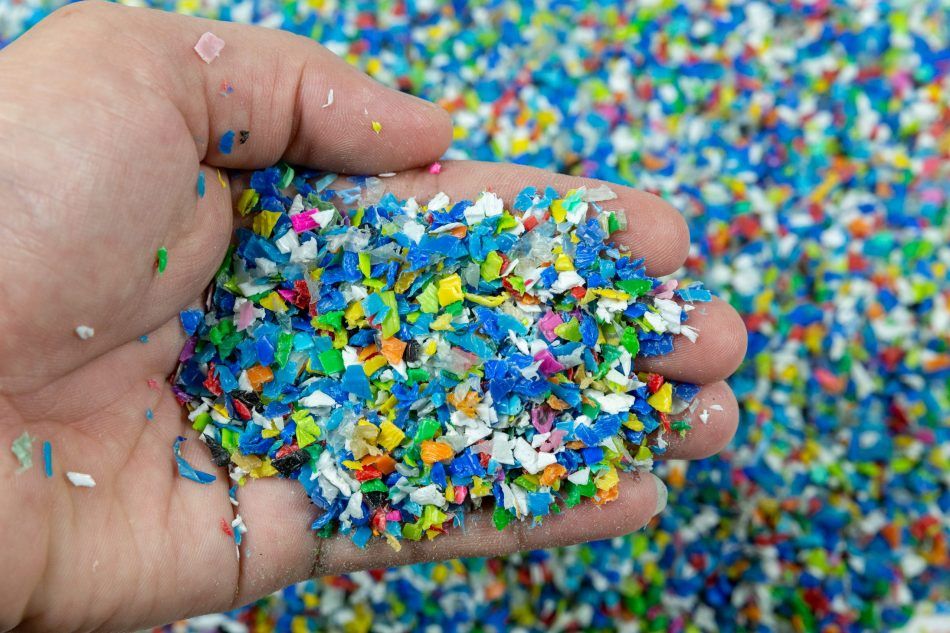
♻️ Chemical treatment makes plastic waste absorb CO2
Researchers from Rice University have developed a method that makes plastic waste absorb carbon dioxide. This method uses the application of potassium acetate to turn plastic waste into carbon dioxide absorbers – as a win-win for the environment. On Rice...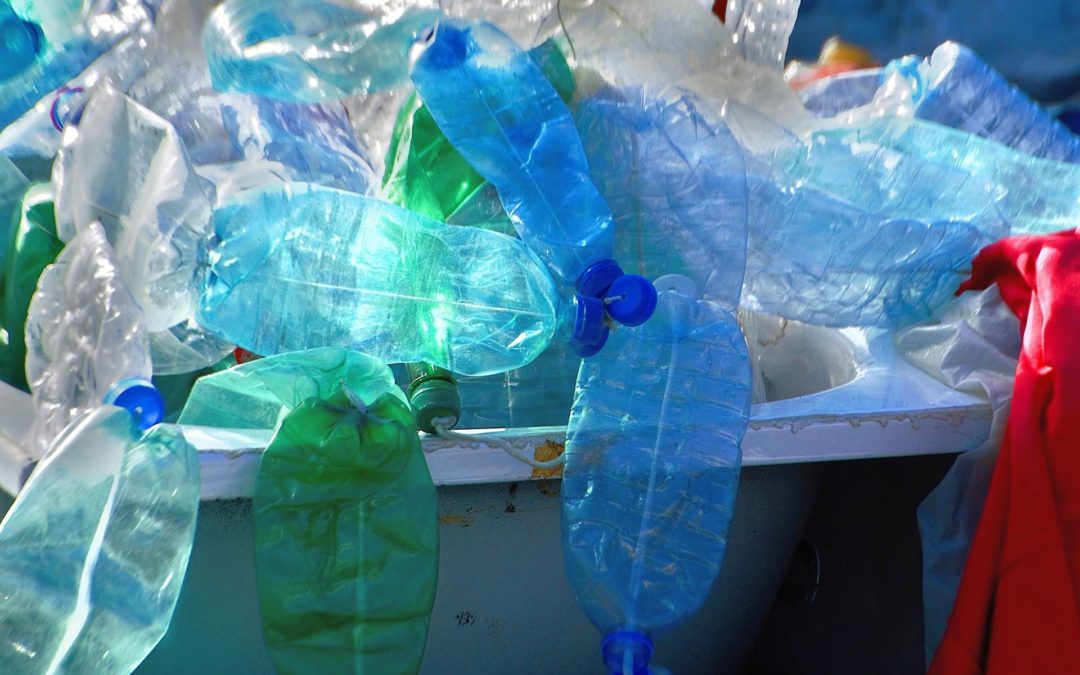
🥤 Enzymes can recycle billions of tons of plastic
Less than ten percent of all plastic produced in the world is recycled. Instead, much of the plastic ends up in landfills around the world. In total, there are almost five billion tonnes of plastic stored in dumps and in nature today.It can take hundreds of years for...